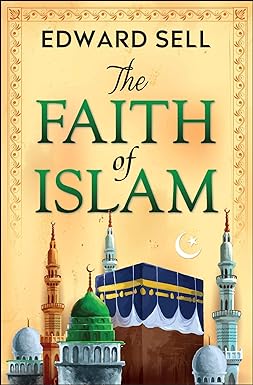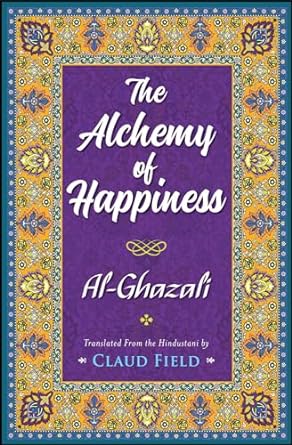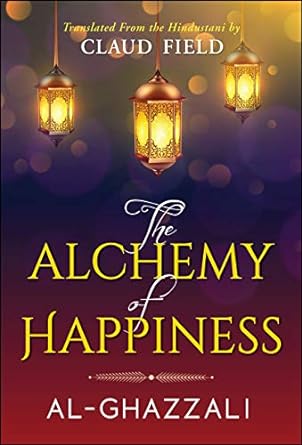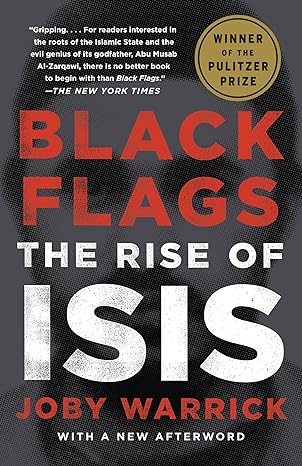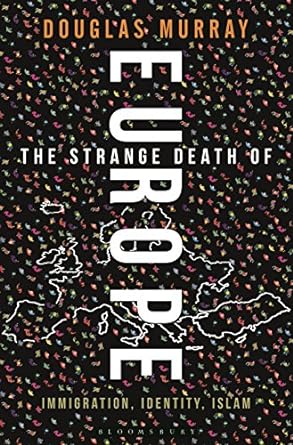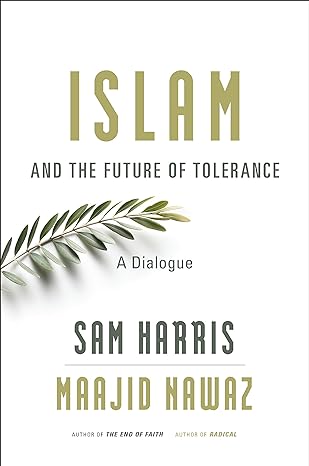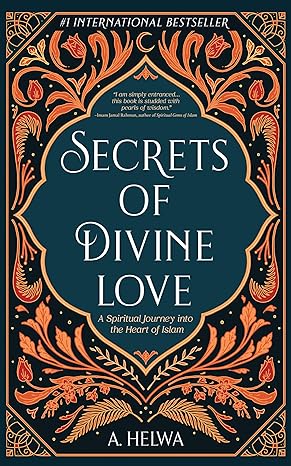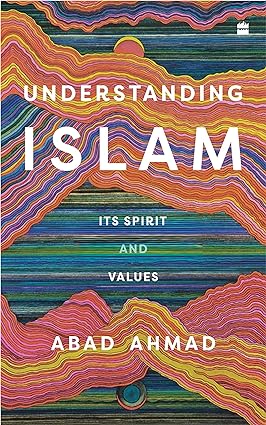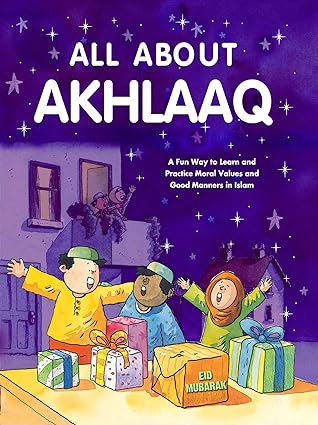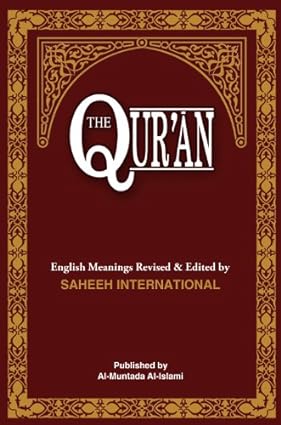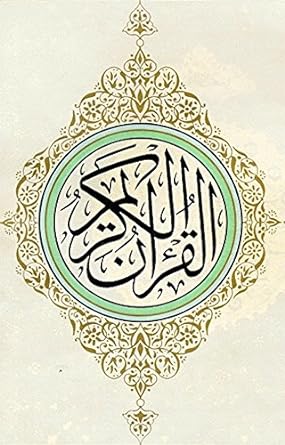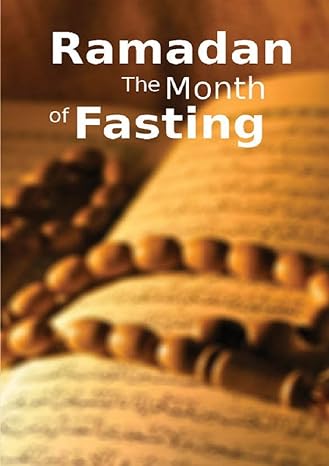
Ramadan the Month of Fasting
In this series, Maulana Wahiduddin Khan has presented the fundamental teachings of Islam in a simple way. This Pamphlet can be effectively used as a dawah tool.
BEST DEALS
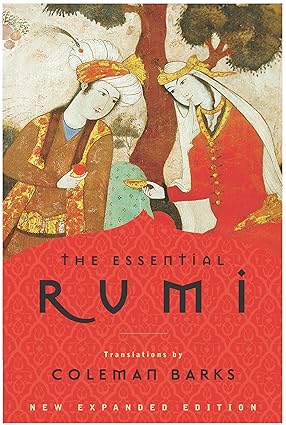
About the Author
Maulana Wahiduddin Khan is an Islamic spiritual scholar who has adopted peace as the mission of his life. Known for his Gandhian views, he considers non-violence as the only method to achieve success.
Internationally recognized for his contributions to world peace, he has received, among others, the Demiurgus Peace International Award, the Padma Bhushan, the Rajiv Gandhi National Sadbhavna Award and the National Citizen's Award. A recent book, The 500 Most Influential Muslims of 2009 by Georgetown University, Washington DC, has named him “Islam’s Spiritual Ambassador to the world.” His approach, the book points out, is “popular among Indians, both Muslim and non-Muslim.”
Born in Azamgarh in 1925, the Maulana was educated in a traditional seminary. From his early years, he showed a voracious appetite for modern knowledge, spending entire days in the library. As a result he became well versed in both classical Islamic learning and modern disciplines. His extensive research led him to conclude that the need of the hour was to present Islamic teachings in the style and language of the post-scientific era.

